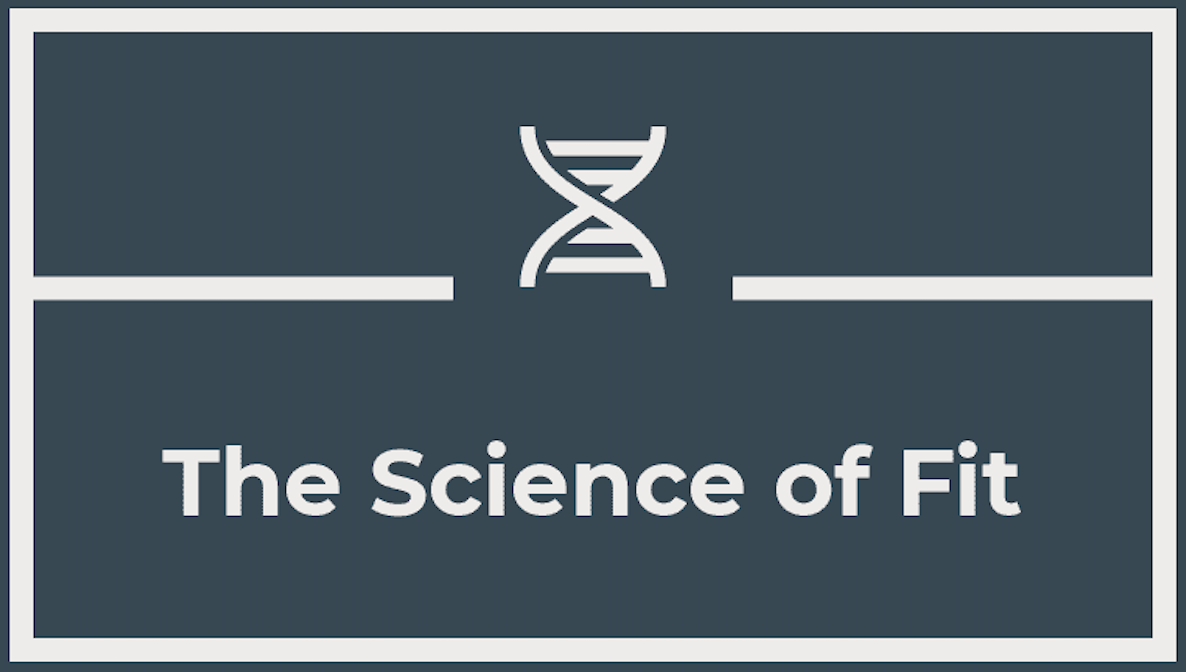Fructose and Its Widespread Effects
The Science of Fructose: Metabolism, Health Impacts, and Dietary Considerations

Fructose is a naturally occurring sugar found in various fruits, vegetables, and honey. In recent years, its consumption has come under scrutiny due to its prevalence in added sugars, particularly high-fructose corn syrup (HFCS), commonly used in processed foods and sugary beverages. This article reviews the scientific literature on the metabolism of fructose, its health impacts, and provides insights into dietary considerations.
1. Introduction:
Fructose, a monosaccharide, is a key component of the human diet, contributing to the sweetness of many fruits. Its consumption, however, has increased significantly with the widespread use of HFCS in the food industry. Understanding the metabolic pathways of fructose is essential for unraveling its effects on health.
2. Metabolism of Fructose:
Fructose is primarily metabolized in the liver through distinct pathways compared to glucose. The process involves phosphorylation by fructokinase, leading to the production of intermediates such as glyceraldehyde and dihydroxyacetone phosphate. Excessive fructose intake may overwhelm these pathways, contributing to metabolic disturbances.
3. Health Impacts:
A. Metabolic Syndrome:
- High fructose consumption has been linked to metabolic syndrome, characterized by insulin resistance, obesity, dyslipidemia, and hypertension. The role of fructose in these conditions is complex and involves multiple mechanisms.
B. Non-Alcoholic Fatty Liver Disease (NAFLD):
- Excessive fructose intake has been implicated in the development of NAFLD. The liver's unique handling of fructose may contribute to lipid accumulation, inflammation, and the progression of liver disease.
C. Insulin Resistance:
- Fructose metabolism has been associated with insulin resistance, a key factor in the development of type 2 diabetes. Disruptions in insulin signaling pathways may arise from prolonged and excessive fructose consumption.
D. Cardiovascular Health:
- Elevated fructose intake has been linked to adverse cardiovascular outcomes, including increased risk factors for heart disease. The interplay between fructose metabolism, inflammation, and endothelial dysfunction is an area of ongoing research.
4. Dietary Considerations:
A. Whole Foods vs. Added Sugars:
- Consuming fructose in the form of whole fruits provides essential nutrients and fiber that mitigate its potential negative effects. The focus should be on reducing the intake of added sugars, especially HFCS found in processed foods and sugary beverages.
B. Moderation and Balance:
- Moderation is key in managing fructose intake. Balanced diets that include a variety of nutrient-dense foods help ensure the appropriate context for fructose metabolism.
C. Public Health Strategies:
- Public health initiatives should aim to raise awareness about the sources of added sugars, encourage informed food choices, and advocate for clearer food labeling. Policy measures may also play a role in reducing the prevalence of added sugars in the food supply.
5. Conclusion:
While fructose is a natural component of many nutritious foods, the overconsumption of added sugars, especially HFCS, has raised concerns about its potential health impacts. Research continues to unravel the intricate metabolic pathways of fructose and its role in the development of metabolic disorders. Public health strategies and individual dietary choices can contribute to a balanced approach to fructose consumption, emphasizing whole foods and moderation.










